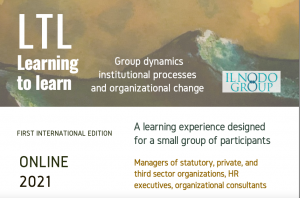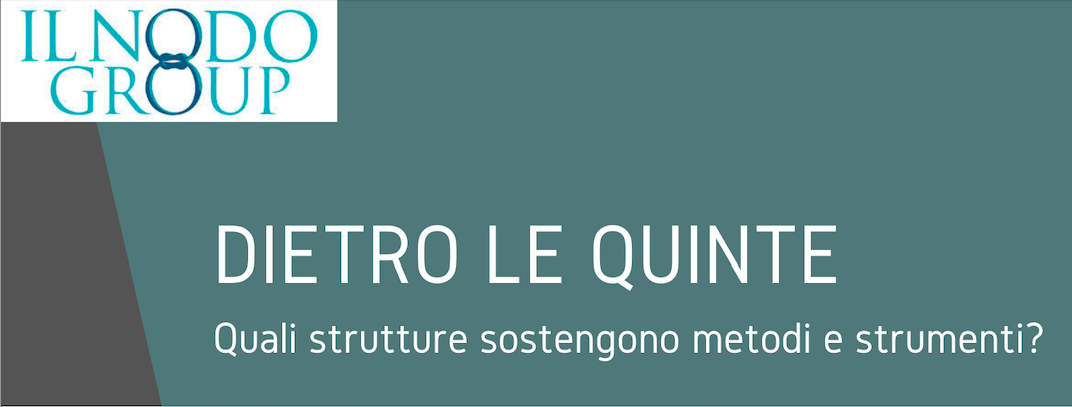Emanuela Barreri. Organizational psychologist, business consultant and accountant. Lecturer for the Management Department of the University of Turin on startups, business creation and soft skills. She deals with organizational analysis and consultancy, support for change, organizational well-being and coaching. Co-founder of Oltre Il Dato, a multidisciplinary consulting company; president of Environment Park, a scientific and technological park based in Turin, member of Il Nodo Group
Cristina Carminati. Individual and group psychotherapist and psychologist, member of Il Nodo Group and of the Group Analysis Laboratory. For the Turin branch of the COIRAG School of Specialization in Psychotherapy, she is a member of the National Direction, of the Headquarters Board, and teacher of Theories and methods of observation in groups.
Ken Eisold. PhD, is a practicing psychoanalyst and organizational consultant. He has served as president of the International Society for the Psychoanalytic Study of Organizations and as a director of the Organizational Program at the William Alanson White Institute, which he helped to found. For several years he directed the A. K. Rice Institute’s National Conference on Leadership and Authority. He lives and works in New York City.
Giovanni Foresti. Graduated in medicine and specialist in psychiatry, he is an analyst with training functions for the SPI and the IPA. Partner of OPUS, London, and Il NODO Group, Turin. He teaches at the School of Specialization in Psychiatry of the University of Milan-Bicocca and at the Faculty of Psychology of the Catholic University. He works as a supervisor and organizational consultant in several institutions
Giorgia Micene. Psychologist and psychoanalytically oriented psychotherapist. Consultant for third sector organizations working with vulnerable groups. Member of Doctors Without Borders Italy, Opus London, member of the scientific editorial staff of Psicologi del Mondo-Torino, member of the Scientific Committee of the Nodo Group
Jean Neumann. As a supervising organizational development and change (OD&C) consultant and practice-based researcher (BA, MA, PhD), Jean operates a consultancy practice, teaches consultants and change agents, and studies workable approaches to real life change. Her private practice currently provides supervision services for both internal and external OD&C practitioners who need backstage support and guidance. Jean serves The Tavistock Institute of Human Relations as Senior Fellow in Scholarly Practice (since 2010) and NTL Institute as a Professional Member (since 1993).
Hagit Shachar-Paraira. Organizational and Group Consultant; lecturer at the Haifa University and The program of Organizational Consultation & development: A Psychoanalytic-Systemic Approach; Founder: RoomToConnect – a mutual space that connects people, thoughts and actions. Areas of expertise: Gender, leadership, organizational & Individual change, group facilitation. Member of Ofek
Antonio Sama. University lecturer and organizational consultant. He is Professional Partner of the Tavistock Institute of Human Relations. His interests include the role of systemic psychodynamics in university education, action research and complexity and the processes of change in the third sector. He holds roles in Italian and British universities
Alexandra Mavolwane Wright. Specialises in supporting small groups and teams, particularly within local authorities, charities and education. Her approach is grounded in the Tavistock model of systems psychodynamics, integrating group process theory and open systems thinking to facilitate improvements in both intergroup and intragroup functioning. Recent projects – set against the background of the pandemic – have included the facilitation of dialogues exploring racism and racial equality in a variety of organisational settings, with a view to highlighting the issues around difference and improving inclusivity.





